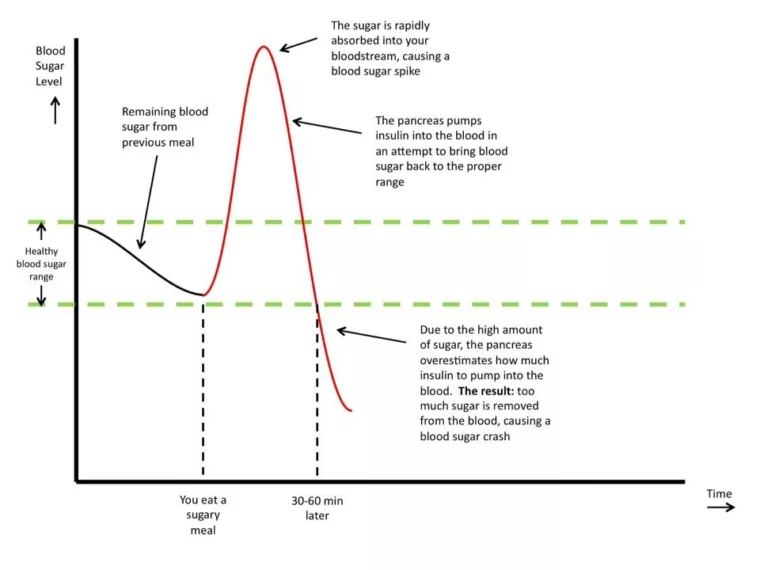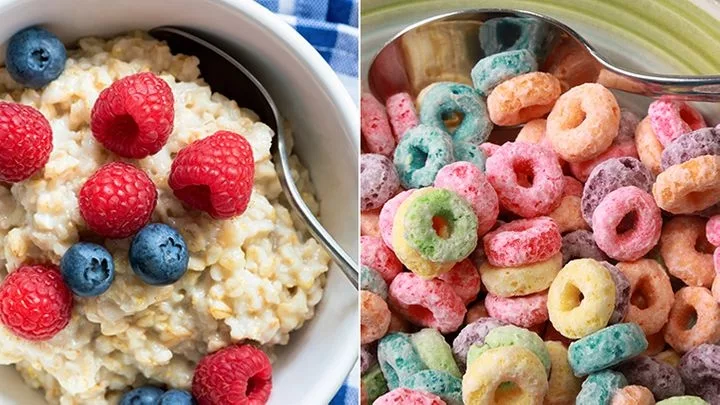Is Cereal for Breakfast Okay? Beware of Blood Sugar Spikes!
Hello! Today, I want to share a different perspective for those considering cereal for breakfast. Cereal is a convenient option for a quick morning meal, but is it really okay? It’s tasty, but we must not forget to be cautious about blood sugar spikes. So today, let’s discuss the pros and cons of cereal along with blood sugar management!
The Popularity and Impact of Cereal for Breakfast
Cereal for breakfast is a popular choice for many due to its convenience and variety. When you want a quick breakfast, cereal is an easily prepared option, especially suitable for busy modern individuals. However, it’s important to note that the nutritional content can vary greatly depending on the type of cereal. Many commercially available cereals contain excessive amounts of sugar, which can negatively impact blood sugar levels. Therefore, when choosing cereal, it’s crucial to check the ingredient list and prioritize whole grain or low-sugar options.
What is a Blood Sugar Spike?
A blood sugar spike refers to a rapid increase in blood sugar levels after a meal. This typically occurs when consuming foods high in carbohydrates, prompting the release of insulin to quickly lower blood sugar. Such sudden fluctuations can lead to uncomfortable symptoms like fatigue, thirst, and headaches, and over the long term, may increase the risk of chronic diseases like type 2 diabetes. Particularly, blood sugar spikes at breakfast can significantly affect energy levels and metabolism throughout the day, so caution is warranted.
The Impact of Cereal on Blood Sugar
The effect of cereal on blood sugar levels varies depending on its ingredients. Generally, cereals made from refined grains digest quickly, leading to rapid spikes in blood sugar. In contrast, whole grain or high-fiber cereals have a slower digestion rate, helping to mitigate blood sugar increases. However, many consumers are often unaware of how the types of cereal they frequently consume can positively or negatively affect blood sugar spikes. Thus, it is important to choose the right cereal to maintain blood sugar balance.
Criteria for Choosing Healthy Cereal for Breakfast
To enjoy a healthy breakfast, consider the following criteria when choosing cereal:
First, check the ingredient list to select products free from artificial additives or excessive sugar. Second, prioritize cereals high in fiber, as they aid digestion and help prevent blood sugar spikes. Third, including cereals that contain protein or adding nuts and yogurt can create a more nutritious breakfast. By following these criteria, you can enjoy a much healthier breakfast.
Cereal Alternatives: Other Breakfast Options for Blood Sugar Control
Besides cereal, there are various breakfast alternatives effective for blood sugar control. Oatmeal or whole grain toast is rich in fiber and helps mitigate blood sugar increases. Additionally, including avocados or seeds in smoothies can add healthy fats and protein to maintain blood sugar balance. Protein-rich breakfasts, such as fatty fish or eggs, positively impact blood sugar control, increasing satiety and sustaining energy throughout the day.
Practical Ways to Prevent Blood Sugar Spikes
To prevent blood sugar spikes, there are several practical strategies:
First, it’s important to include a balance of complex carbohydrates and protein in breakfast. This can help mitigate blood sugar increases. Second, adding fruits or nuts for fiber and healthy fats is also a good approach. Finally, regular exercise and sufficient sleep can improve metabolism and positively affect blood sugar control, effectively preventing blood sugar spikes through lifestyle changes.
The Importance of Dietary Fiber and Protein
Dietary fiber and protein are crucial nutrients for blood sugar regulation. Fiber breaks down slowly during digestion, preventing rapid spikes in blood sugar. Additionally, protein enhances satiety, helping to maintain stable energy levels after meals. Harmoniously consuming these two nutrients can not only prevent blood sugar spikes but also contribute to healthy weight maintenance and overall metabolic health. Therefore, it’s important to include fiber-rich grains and protein in breakfast.
Planning a Personalized Breakfast
Planning a personalized breakfast is essential for obtaining optimal nutrients based on individual health status and lifestyle. The necessary calories and nutrients vary depending on age, weight, and activity level, so it’s important to consult with professionals to create a breakfast menu that suits you. Additionally, keeping a food diary to observe how different foods impact your blood sugar can be beneficial. By planning a personalized breakfast in this way, you can more easily maintain healthy eating habits.













Leave a Reply